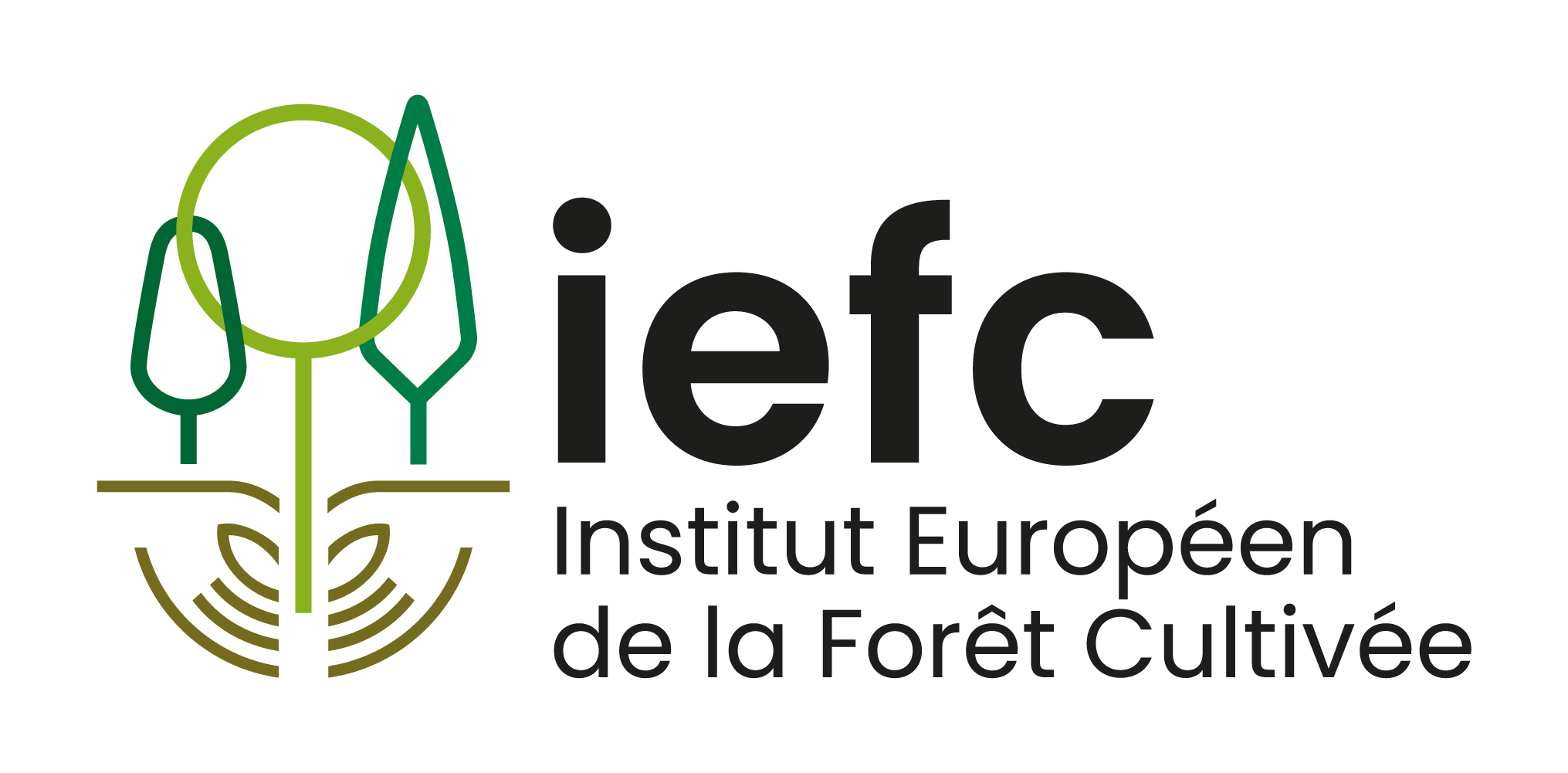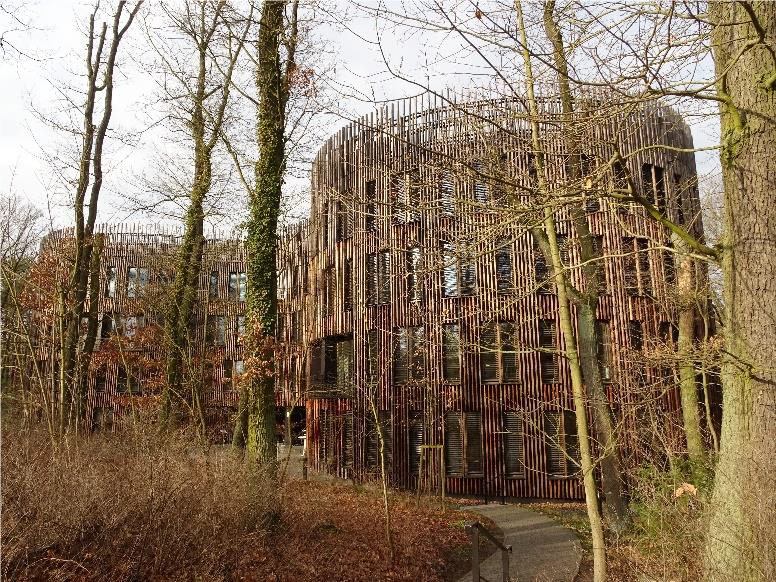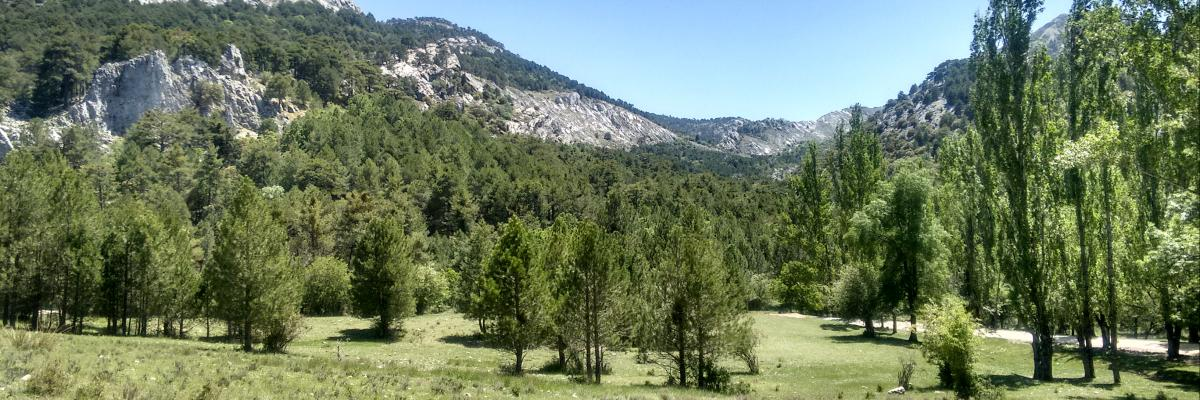DEFID2 now published: contribute your data!
The Joint Research Centre (JRC) is facilitating a collaboration among researchers from across Europe to share their geospatial reference records of insect and disease disturbances in European forests. The initiative


